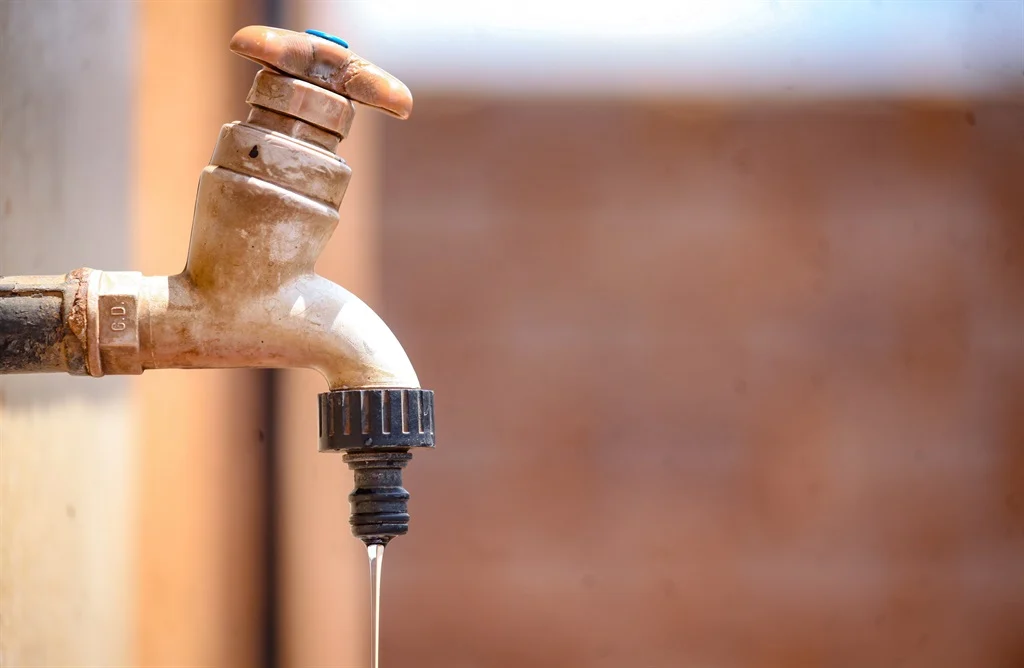EISD MMC, Cllr Jack Sekwaila
MD of Johannesburg Water, Mr Ntshavheni Mukwevho
Leadership from Johannesburg Water and the City
Members of the Media
Residents of the City of Johannesburg
Thank you for joining us for this very important media briefing, to update residents on the state of the water supply and systems in the city, the Water Demand Management and Water Conservation initiatives as well as the mitigation plans, we have put in place to provide relief to residents.
Johannesburg Water must strike a difficult balancing act to handle water consumption that is outpacing supply caused mainly by uncertainty surrounding future trends in population expansion, water demand, infrastructure investment needs, and budget constraints. These challenges place immense strain on our bulk water system and jeopardise the sustainability of the water supply.
The Entity is addressing more than just the issue of consumption. The unaccounted- for water lost through leaks is equally concerning. Better water demand management is required to address the excessive use and water losses. A 5-year Water Conservation and Water Demand Management Strategy has since been developed and approved and interventions include
* Repairs of leaking reservoirs and tower infrastructure.
* Repairs and replacement of zonal bulk water meters.
* Active and passive leak detection.
* Retrofitting and removal of wasteful devices (Infrastructure upgrade and renewal).
* By-law enforcement (Illegal connection cut-off and reconnections).
* Replacement and refurbishment of large gate valves.
* Water pipe replacement.
* Domestic and large consumer meter replacement.
The strategy aims to reduce demand by 37 123 mega litres per annum, from the technical interventions. Water Conservation initiatives will contribute with further demand reduction.
Furthermore, a collaboration between Rand Water and the City of Johannesburg was initiated in February 2024 to intervene on increasing water consumption within the City of Johannesburg. Subsequently, several meetings convened between CoJ and Rand Water to formulate an action plan in response.
Restrictions are currently being implemented on the top 30 bulk supply meters which accounts for 97% of the City of Johannesburg (CoJ) total consumption.
Also important to highlight is that with Johannesburg’s population on the rise, the need for a robust and efficient water supply and sanitation system is paramount. Johannesburg Water has an infrastructure renewal backlog to the value of R26 billion and water infrastructure accounting R11 billion. Funding limitations are delaying the eradication of this backlog resulting in further aging of infrastructure.
We are also working on improving its water billing systems and investigating areas where non-revenue water is rising. Teams have been set up to review billing volumes, and the current metering system is being enhanced to track revenue and non-revenue water more effectively.
An important reminder to all of us as residents of the City, is that level-1 water restrictions are currently in place. These are implemented annually from 1 September to 31 March of the following year. However, conserving water is a year- round responsibility. The restrictions are put in place to ensure the stability of our systems, because with the warmer weather, there’s a sharp increase in demand
which risks outstripping supply. The restrictions prohibit the use of hosepipes to water gardens, wash cars, clean driveways, and fill up swimming pools and water features between.
The Entity will continue to mitigate water losses and improve the reliability of water supply. We urge Johannesburg residents and businesses in the city to work with us in addressing the unsustainably high-water consumption, particularly during warmer months. Collective efforts are essential to safeguard our water resources for future generations.

